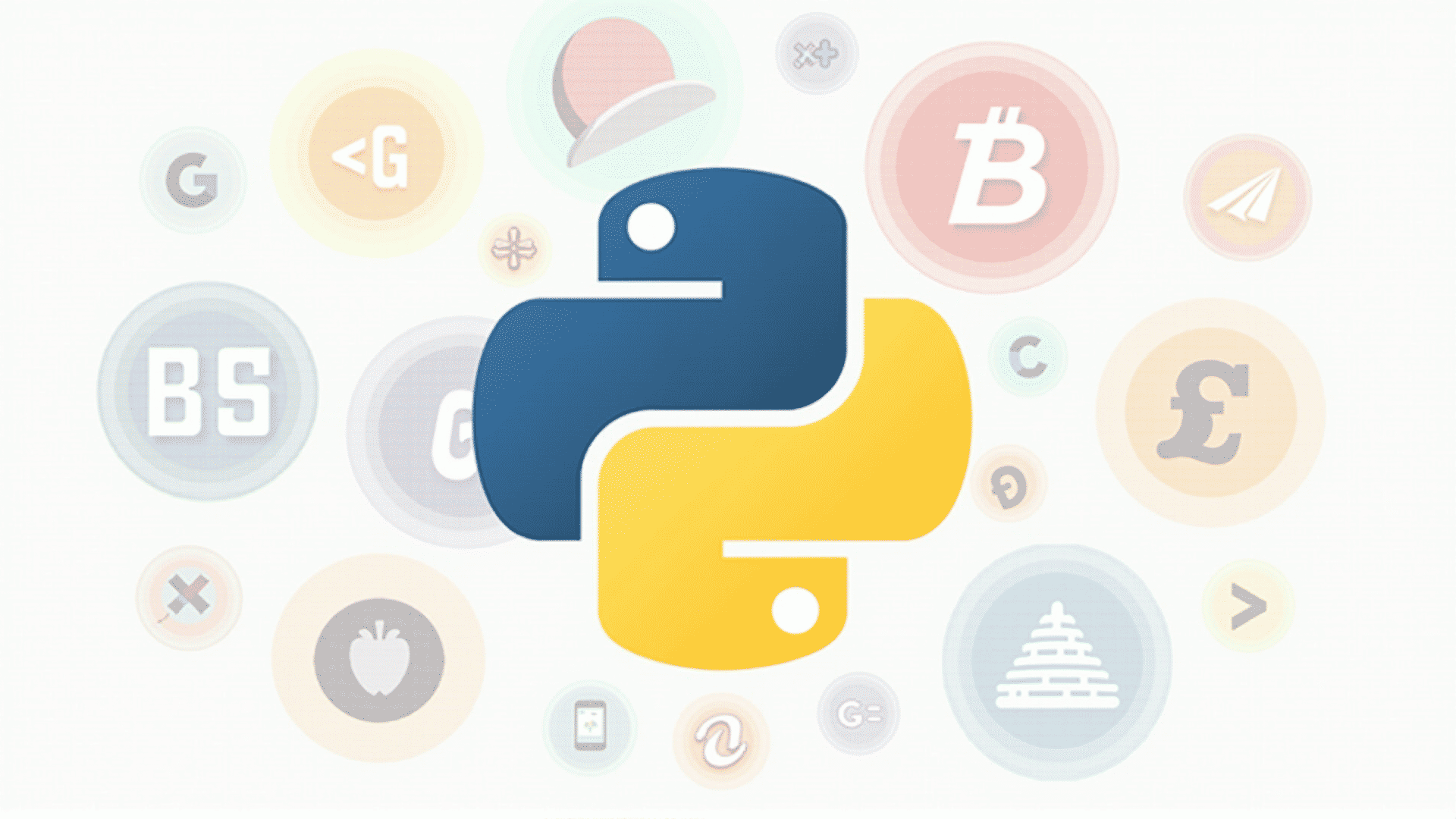Choosing the right programming language is a crucial decision for anyone embarking on their journey in the realm of coding. Each language has its own unique characteristics and is suited for specific tasks or industries. Here, we’ll delve into several popular programming languages, highlighting their strengths and ideal applications, to help beginners make an informed decision.
Python
Renowned for its simplicity and readability, Python is often recommended as the first language for learners. Its clear syntax mimics the English language, making it accessible for newcomers. Python is highly versatile, used in various domains including web development, data analysis, artificial intelligence, and scientific computing. Its vast array of libraries and frameworks enhances its capability, making it a very powerful tool for both beginners and seasoned developers.
JavaScript
Essential for developing interactive web applications, JavaScript is the cornerstone of front-end development. Its ability to create dynamic content on websites makes it invaluable for creating user-friendly interfaces. JavaScript's extensive community support and numerous frameworks, like React and Angular, expand its utility beyond just web development. This makes it an excellent choice for those looking to delve into the creation and management of appealing websites and applications.
Java
Java is a mainstay in the world of programming, known for its portability across platforms due to the Java Virtual Machine (JVM). This language is extensively used in enterprise environments and for building robust backend systems. Its object-oriented approach enables efficient management of large-scale systems and applications. Java’s reliability and performance make it a great choice if you are interested in mobile development or large system architecture.
C++
C++ is an extension of C, offering object-oriented features atop the procedural nature of its predecessor. Known for its efficiency and performance, C++ is suitable for developing game engines, real-time simulators, and system-level applications. While it might pose a steeper learning curve for beginners, mastering C++ can provide a deep understanding of how software and hardware interact, making it a powerful addition to any developer's toolkit.
Ruby
Simplicity and productivity are at the heart of Ruby, a language famed for its elegant syntax. It is particularly popular for web development, thanks to the Ruby on Rails framework, which simplifies the creation of complex web applications. Ruby emphasizes convention over configuration, accelerating the development process and allowing developers to focus more on building features rather than spending time on initial setup.
Swift
Introduced by Apple, Swift is designed for building applications on iOS and macOS. Its modern syntax and safety features help prevent common programming errors, fostering an environment that supports innovation. Swift’s growing popularity, particularly in mobile development, makes it an excellent choice for creating engaging applications in Apple’s ecosystem.
In evaluating which language to learn first, it's essential to consider personal interests and career goals. Whether you're driven by the prospects of developing intricate web applications, diving into data science, or constructing interactive games, there’s a language that fits your needs. Each programming language opens a unique door to a world of possibilities, providing various pathways to explore in the diverse field of technology. Wherever your interests lie, starting your coding journey with the right language can set the stage for a fulfilling and successful career in software development.
